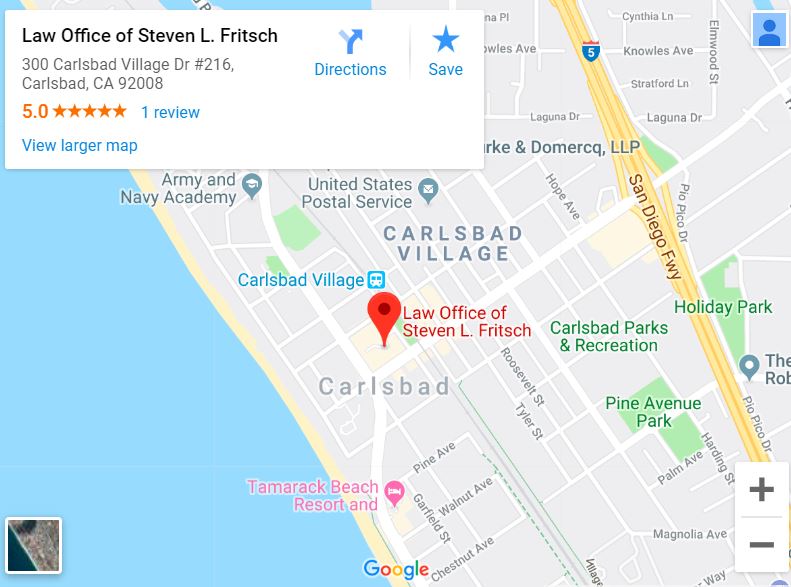Serving a Military Spouse vs. A Civilian in California
Serving in the military can be difficult on a marriage, especially when spouses are separated for extended periods of time. If a divorce is warranted, be aware that in California, military divorce procedures can differ greatly from normal civilian divorces, especially if the service member is deployed on active duty or stationed overseas. Specific federal laws, as well as California rules govern the divorce process and the separation of property.
The grounds for filing for a divorce are the same for civilians and those in the military, though to file in California, one of the spouses must either reside or be stationed in the state. As in a civilian divorce, a spouse must be served with a summons and the divorce application for the court system to have jurisdiction over both parties.
Serving a Spouse Who Is Deployed
Serving a spouse who is deployed or stationed overseas can be difficult. The Service member’s Civil Relief Act is one of the laws that affects the divorce process, as under this law, if military duty prevents a spouse from being able to respond to the divorce action, the service member cannot be held in default. This law also allows for the proceedings to be delayed for the duration of the service member’s active duty. An active duty spouse can waive the postponement if they desire, though they should have an attorney protect their rights throughout the divorce process.
Support and Benefits for Military Spouses and Children in California
Spousal and child support is governed by California law, though the military requires support to begin upon separation. California law determines the maximum amount that can be paid by service persons. The Uniformed Service’s Former Spouse Protection Act (USFSPA) governs how military benefits are calculated and divided. What benefits the non-service member spouse receives is also governed by this law, especially if the marriage lasted more than 20 years. Military retirement benefits will not be distributed to a spouse if the couple were married less than 10 years. The USFSPA also governs if a former military spouse is able to continue to use the military exchange, commissary, and medical facilities.
Because California military divorces have federal and state rules that govern them, they can be far more complex than a standard civilian divorce. You need a law firm that has a thorough knowledge of these laws and how navigate military regulations to begin the divorce proceedings. Call the Law Office of Steven L. Fritsch now or use our online form to begin the divorce process or visit our page on filing for a military divorce in California.
Related Articles
